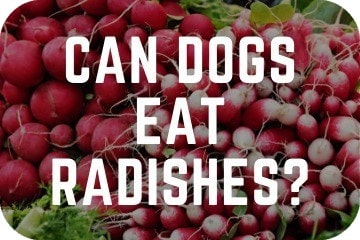
Can dogs eat radishes? Yes! Radishes are highly nutritious for dogs as they are rich in vitamins and minerals. Radishes contain high levels of fiber, potassium, and vitamin C, all of which are vital for a healthy dog. The rough texture of radish also makes it a useful cleaning tool for your dogs’ teeth as it helps to remove the build-up of plaque.
ARE DOGS ALLOWED RADISHES?
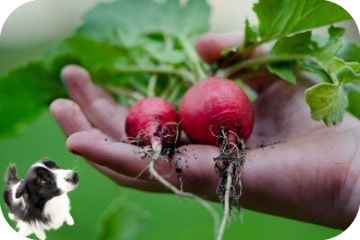
As mentioned above, dogs are allowed radishes, and they are an excellent source of vitamins and minerals that include; fiber, potassium, and vitamin C.
The crunchiness and rough texture of the radish will make it an enjoyable treat for your dog while removing any build-up of plaque for their teeth. Below we have outlined the health benefits and concerns of radishes, as well as more information about the nutritional benefits.
Health Benefits
Fiber
Fiber isn’t a necessity in a dog’s diet and isn’t something ‘wild’ dogs would have eaten. However, it can help with the gut, digestive system, and to keep consistent bowel movements.
Potassium
High levels of potassium can be provided from papaya. Potassium is an excellent nutrient for your dogs as it helps to control their nerve impulses, functions the brain, muscle activity, and function of the heart. If your dogs’ potassium levels become too low, it can cause hypokalaemia. Hypokalaemia can affect some dogs a lot, while others won’t show any symptoms. The lack of potassium can affect a dog’s neurological, skeletal, and cardiac muscles, and if left untreated, it could be fatal.
Vitamin C
This vitamin is of high importance. The antioxidants help reduce inflammation inside the dogs’ body as well as helping with cognitive aging. Dogs’ can produce vitamin C in their liver, but that does not mean you should factor it out of their diet as it offers other health benefits. Foods high in vitamin C include; broccoli, sprouts, lychees, and lemons.
Health Concerns
Radish Allergy
As with all foods, your dog may be allergic to black beans. When feeding the black beans for the first time, ensure it is of a small quantity and closely monitor their behavior shortly after.
Symptoms of allergic reaction in dogs
> Vomiting
> Diarrhea
> Loss of appetite
> Becomes lethargic
> Moves to a quiet place
> Pacing
If your dog is displaying any of the symptoms, contact your local veterinarian straight away to seek professional help and advice.
WHAT ARE THE DIFFERENT TYPES OF RADISHES?
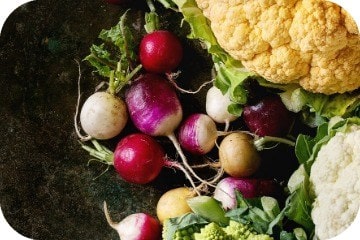
Radishes are a very popular vegetable, usually for their distinctive flavor and crunchy texture. A Lot of people ask how many types of radishes are there? The number of different types of radishes is nearly endless, but radishes can be spicy or mild, round or oblong, big or small, with radish varieties available in colors ranging from reddish-purple to rosy pink, black, pure white or even green. Read below to find out the most common types of radishes and which one is the most suitable for your dog.
White Icicle
This peppery, hot flavoring white radish measures between 5 to 8 inches and has a juicy center whilst maintaining its crunch. The longer and slimmer radish is thought to have originated in the Meditteranean but later cultivated in China.
Sparkler
The sparkler radish is pink in color with a noticeable white tip. The inside is crunchy and complete with white color.
Cherry Belle
A very popular radish across the world. This delicious bright red radish is suitable for growing outdoors as well as early production inside a greenhouse. This is a very reliable radish, always full of flavor and extra crunch!
White Beauty
This white radish produces mild, round roots. It’s an excellent variety for open cultivation or forcing in cold frames over the winter. A good choice for garden and market growers. It was a favorite in roadside taverns in previous generations.
French Breakfast
Also known as the breakfast radish, the root and leafy greens of this radish variety are utilized in culinary preparations.
WHAT OTHER VEGETABLES CAN DOGS EAT?
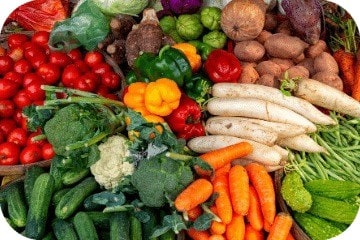
Beets
It has been proven that beets are non-toxic food for dogs and can provide dogs with a considerable amount of nutrients and vitamins. However, if you were to feed your dog this 88% water-based super-food daily, they wouldn’t reap the benefits as us humans would.
If you’re cooking with beets and have some leftovers, by all means, this is a great time to give them to your dog. Incorporating beets into your dog’s daily diet can cause them to become obese as beets are rich in carbohydrates and natural sugars.
Broccoli
Dogs can eat cooked broccoli, but raw broccoli isn’t recommended. However, owners must remember to limit portion sizes as too much broccoli can cause stomach problems. Broccoli is full of fiber and vitamin C; therefore, it is full of nutrients and the perfect snack for your dogs.
Brussel Sprouts
Brussels sprouts are safe for dogs to eat. Brussels sprouts are not toxic to dogs. They contain essential vitamins and minerals, are high in fiber, and antioxidants.
Sprouts are a healthy treat for dogs, but make sure to feed them in moderation. Sprouts can cause flatulence and diarrhea.
Parsnips
Parsnips are safe for dogs to eat. They are a good source of fiber, contain antioxidants, and are low in calories. Parsnips can help with digestion, weight loss, bone health, and may help prevent cancer.
Rhubarb
The stems of the rhubarb plant are ok for a dog to eat. However, the leaves contain high levels of oxalic acid (oxalate crystals), which is very toxic to dogs. The stems of a rhubarb are an excellent source of nutrients and provide dogs with calcium, vitamins K and C, dietary fiber, potassium, magnesium, and other vitamins and minerals.
FUN VEGETABLE GAMES FOR DOGS
It can be quite easy to chop up the fruit and chuck it into your dog’s bowl to eat. Why not make them work for it? Struggling for ideas on how to? Below we have described and linked some ways that will challenge your dogs and make them work for their fruit. There are plenty of benefits of enrichment games for not just your dog, but also you as the owner too.
Benefits Of Canine Enrichment Games:
> Tires your dog out – A tired dog tends to be easier to train and better behaved
> Increase brain capacity – Playing brain games keeps your dogs brain sharp
> Rewarding for your dog – Being rewarded with treats or toys is great for dogs, it keeps them happy and mentally healthy
> Lowers stress and anxiety – Increasing physical and mental exercise is excellent for improving mental stress for your dog
> Increases the bond between you and your dog – Introducing new and fun games is exciting and your dog, by helping and playing these games with your dog, you will improve and build your relationship
We love finding games our dogs enjoy, and they’re perfect when you can only do a short walk or as an additional enrichment activity.
This is a great one for dogs who have never done enrichment before.
It’s the cheapest and easiest of our enrichment activities. You can use any vegetables suitable for dogs. Our favorites are cucumber, squash, carrots, and zucchini.
Read below for some excellent enrichment games for you and your dog!
Kong Stuffing
Kong stuffing is pretty simple. If you’ve not heard of a kong before, have a look at one here. They are designed with a soft outside with a hollow inside. The inside can be stuffed with different types of food; the aim is for your dog to lick or nibble the food from the inside of the kong.
If you would like to read more about the kong and kong recipes, read our article “Kong Stuffing Recipes.”
Vegetable String Game
The vegetable string game is brilliant for your dog. It is very cheap, basic and I can almost guarantee you’ve got the equipment already at home.
In short, the string game consists of a piece of string approximately 1 meter long with various fruit and vegetables threaded on to it (a bit like a string kebab). Either end of the string is then tied around something. Your dog is to try and nibble the fruit or vegetables of the string. Quick, easy, and cheap.
Read our article “String Vegetable Game For Dogs” to find out more and a step-by-step guide on what to do.
Muffin Tray Freeze
The muffin tray freeze is what you see in the photo above. It is very, very simple yet provided our retriever with 45mins-1hour of fun. Simply put, some highly nutritious fruit and/or vegetables in a muffin tray, top with water, and place in the freezer. For more information on this activity, read our article “Frozen Muffin Tin Game.”
Vegetable Water Bobbing
Another simple yet enriching game for your dog. All you will need is a tub or bucket of water, sliced veg, and your dog. The aim is for your dog to fetch out the veg from the water using their teeth, sounds simple, but it can be a little tricky for your dog.
You can read more about this activity as well as six others in our article “7 Easy, Cheap And Homemade Enrichment Games And Activities For Dogs“, enjoy!
FAQ
What vegetables are bad for dogs?
There are a variety of fruit and vegetables that are harmful and toxic to dogs. Avoid your dog eating these at all costs. The fruit and vegetables include;
> Grapes
> Raisins
> Avocados
> Seeds, pips and stones
> Onions
> Garlic
> Nuts
> Wild Mushrooms
Can dogs eat daikon radish?
Yes, but as with all human foods, they should be given to your dog in moderation. Daikon is very high in vitamin C, as well as providing your dog with other healthy vitamins and minerals.
Can dogs eat scrambled eggs?
Scrambled eggs will not cause your dog serious harm, but you must be careful when cooking them. Eggs are an excellent source of protein. Eggs have been shown to help settle a dog’s upset stomach.
Can dogs eat tuna?
Yes. Tuna can be given to dogs. If you’re buying canned tuna for your dog, you should ensure it comes in spring water or brine but not oil.
Looking for more pawsome posts? Check these out…
Can Dogs Eat Lettuce?
How To Make A Snuffle Mat
When Do Puppies Lose Their Teeth?
Can Dogs Eat Broccoli?
Can Dogs Eat Watermelon?
Disclaimer: Each dog is different, and every circumstance is different. All efforts have been made to provide accurate information. However, it is not provided by a qualified Veterinarian, Veterinarian Surgeon, or Behaviorist. The information provided is purely educational. The information should not be used as an alternative or substitute for medical care. If you have any health or medical concerns, contact a qualified Veterinary Surgeon or Veterinarian immediately.
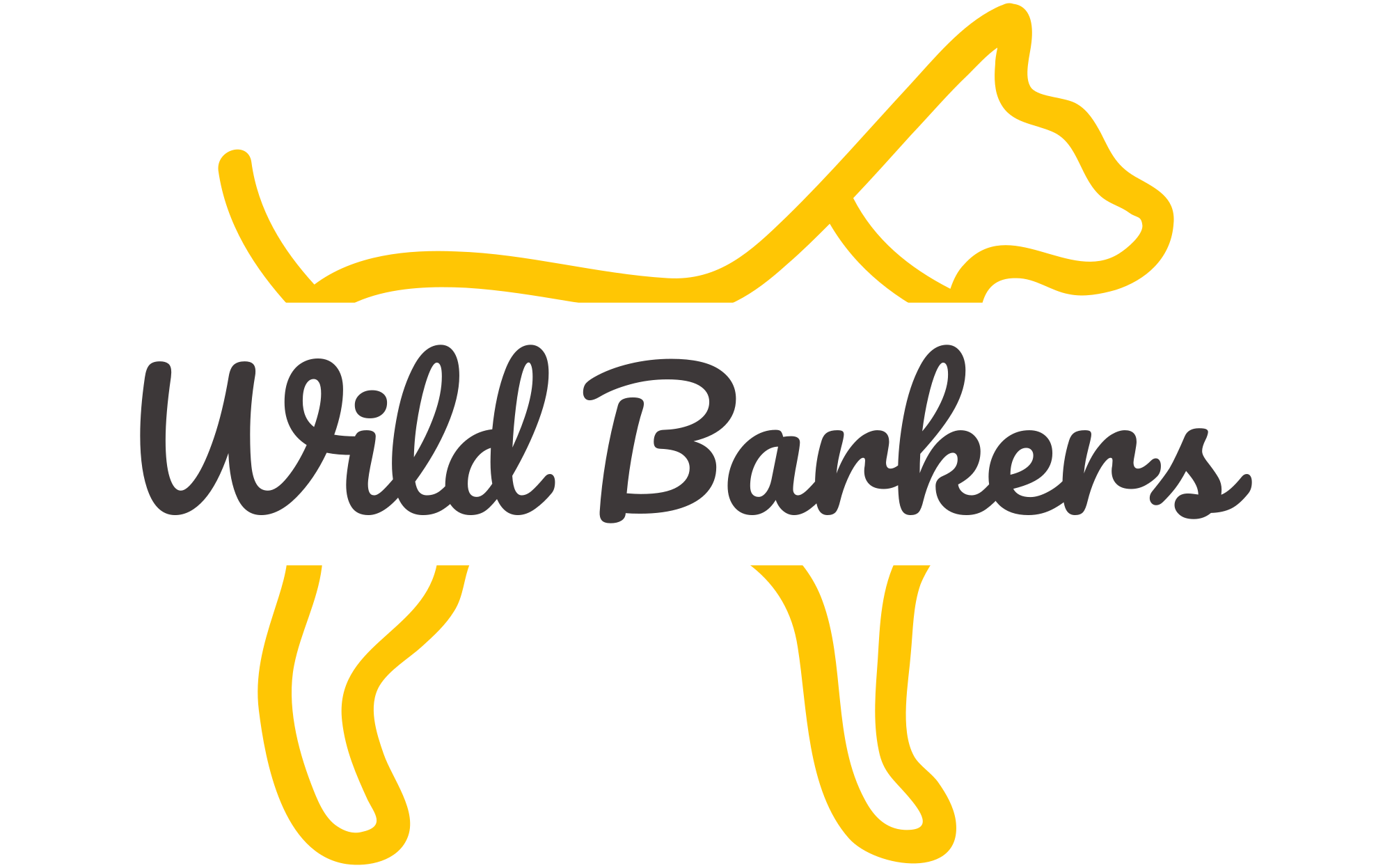







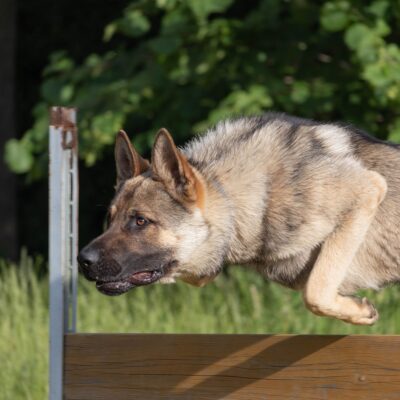
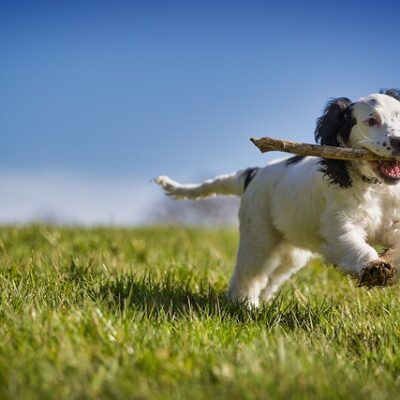
No Comment! Be the first one.